Maclean’s on the Hill: Brexit, Duffy, CPP and immigration
The Maclean’s Ottawa bureau gives you its weekly podcast on all things #cdnpoli
Share
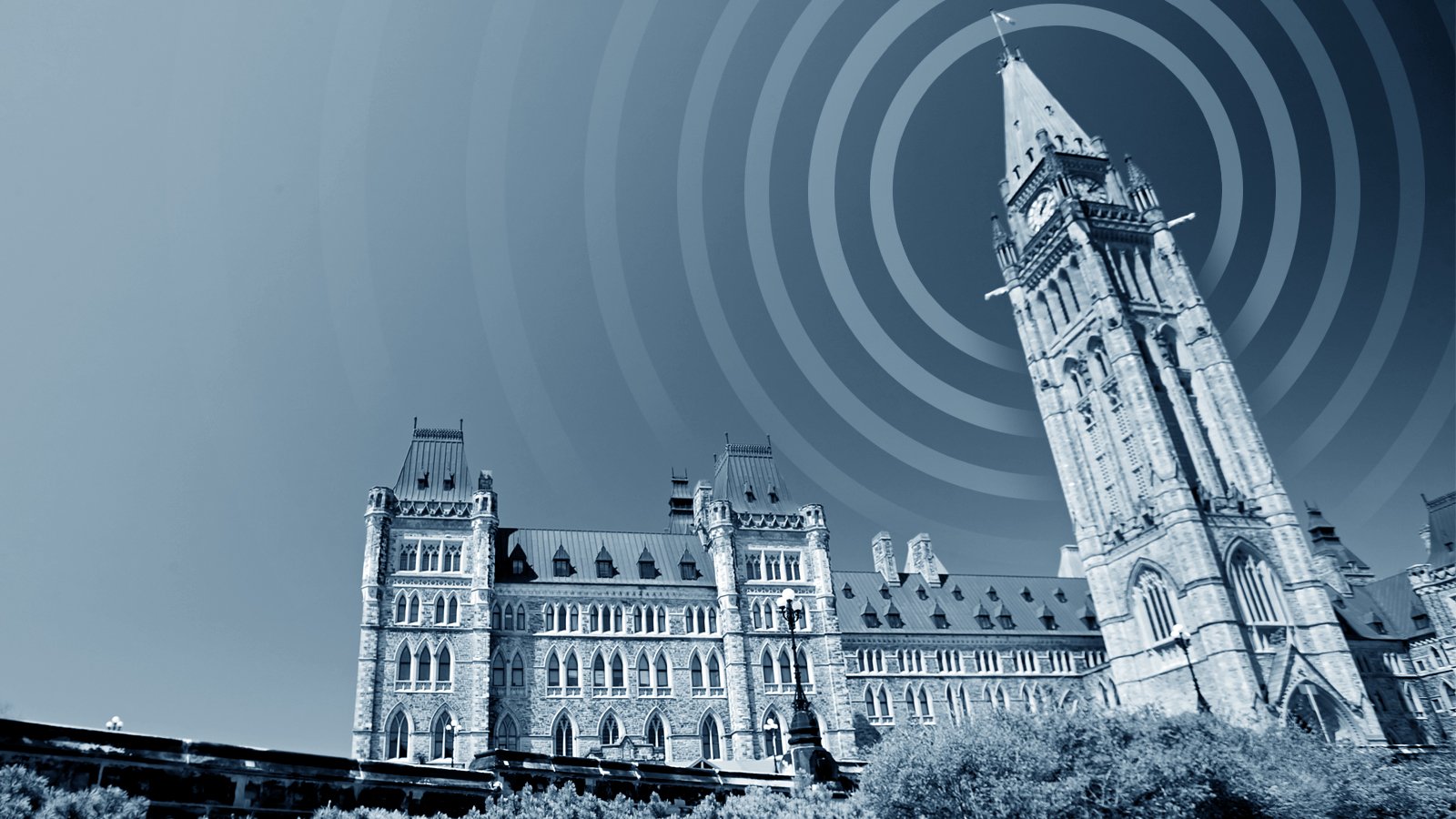
Each week, the Maclean’s Ottawa bureau sits down with Cormac Mac Sweeney to discuss the headlines of the week. This week, after a stunning vote, the ‘Leave’ camp won the Brexit referendum—and that means the U.K. has voted to leave the European Union. The news caused turmoil in global markets and prompted Prime Minister David Cameron to announce his intention to step down. What does this mean for Canada’s economy and our pending trade deal with the EU? We speak with Conservative finance critic Lisa Raitt.
The Mike Duffy expense saga isn’t over yet. A Senate committee is demanding the senator repay nearly $17,000 in expenses. That comes just two months after he was acquitted in court. Duffy’s lawyer, Donald Bayne, tells us his client is prepared to take legal action.
The Trudeau government began the week with a major deal with the provinces over retirement savings. They struck an agreement-in-principle to expand the Canada Pension Plan. How will it work? And what will it mean for you? We get answers from economist Kevin Milligan.
Finally, what is triggering much of the anti-immigrant sentiment we’re seeing among disenchanted voter bases around the world? That’s the subject of a new academic study, and we get some of the details from its lead author.
Subscribe on iTunes today or play below.
The full episode
Part 1. What the Brexit vote means for Canada’s economy
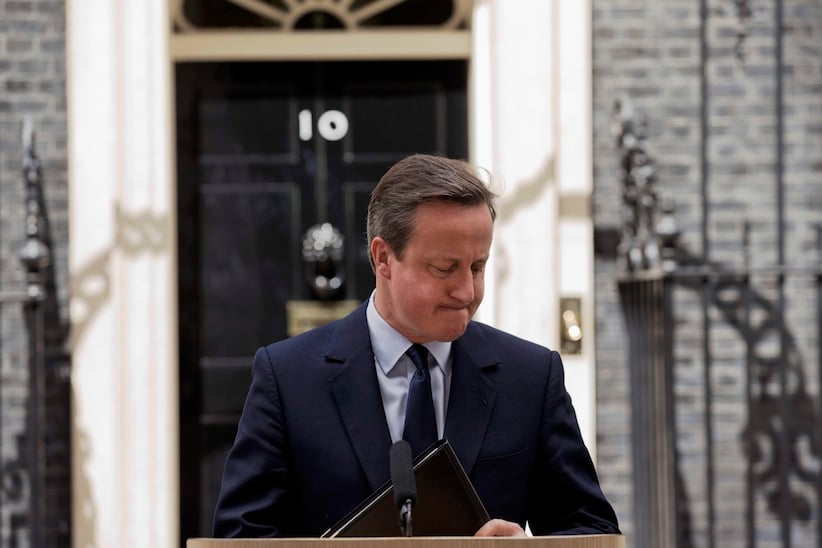
After a stunning vote, the ‘Leave’ camp won the Brexit referendum—and that means the U.K. has voted to leave the European Union. The news caused turmoil in global markets and prompted Prime Minister David Cameron to announce his intention to step down. What does this mean for Canada’s economy and our pending trade deal with the EU? We speak with Conservative finance critic Lisa Raitt.
Part 2. Mike Duffy refuses to pay back more expenses
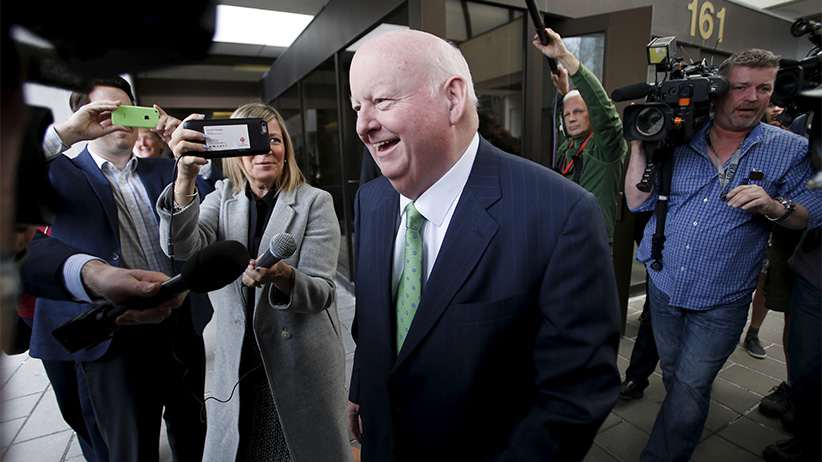
The Mike Duffy expense saga isn’t over yet. A Senate committee is demanding the senator repay nearly $17,000 in expenses. That comes just two months after he was acquitted in court. Duffy’s lawyer, Donald Bayne, tells us his client is prepared to take legal action.
Part 3. What does an expanded CPP mean for you?
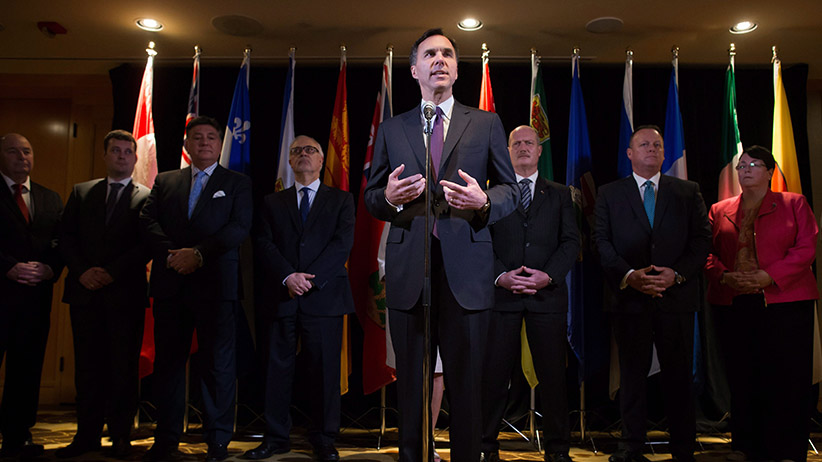
The Trudeau government began the week with a major deal with the provinces over retirement savings. They struck an agreement-in-principle to expand the Canada Pension Plan. How will it work? And what will it mean for you? We get answers from economist Kevin Milligan.
Part 4. What is driving anti-immigrant sentiment around the world?

What is triggering much of the anti-immigrant sentiment we’re seeing among disenchanted voter bases around the world? That’s the subject of a new academic study, and we get some of the details from its lead author.
OUR BUREAU’S TOP READS
-
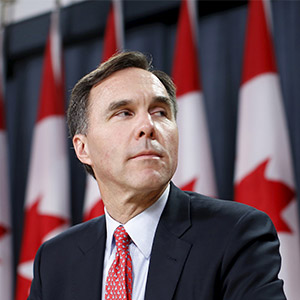
ON CPP
The Liberals play to the middle -
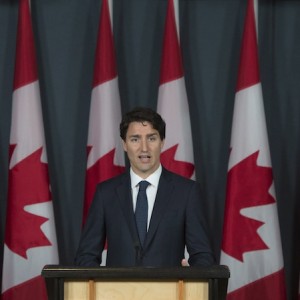
ON SUMMER
Four takeaways from Trudeau’s presser -

ON GENOCIDE
Why using the G-word matters -
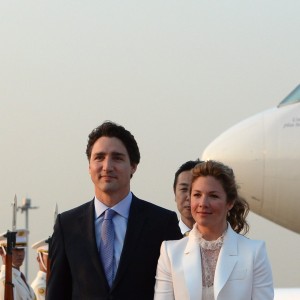
ON POLITICS
How Trudeau changes the rules
[widgets_on_pages id=”Politics”]